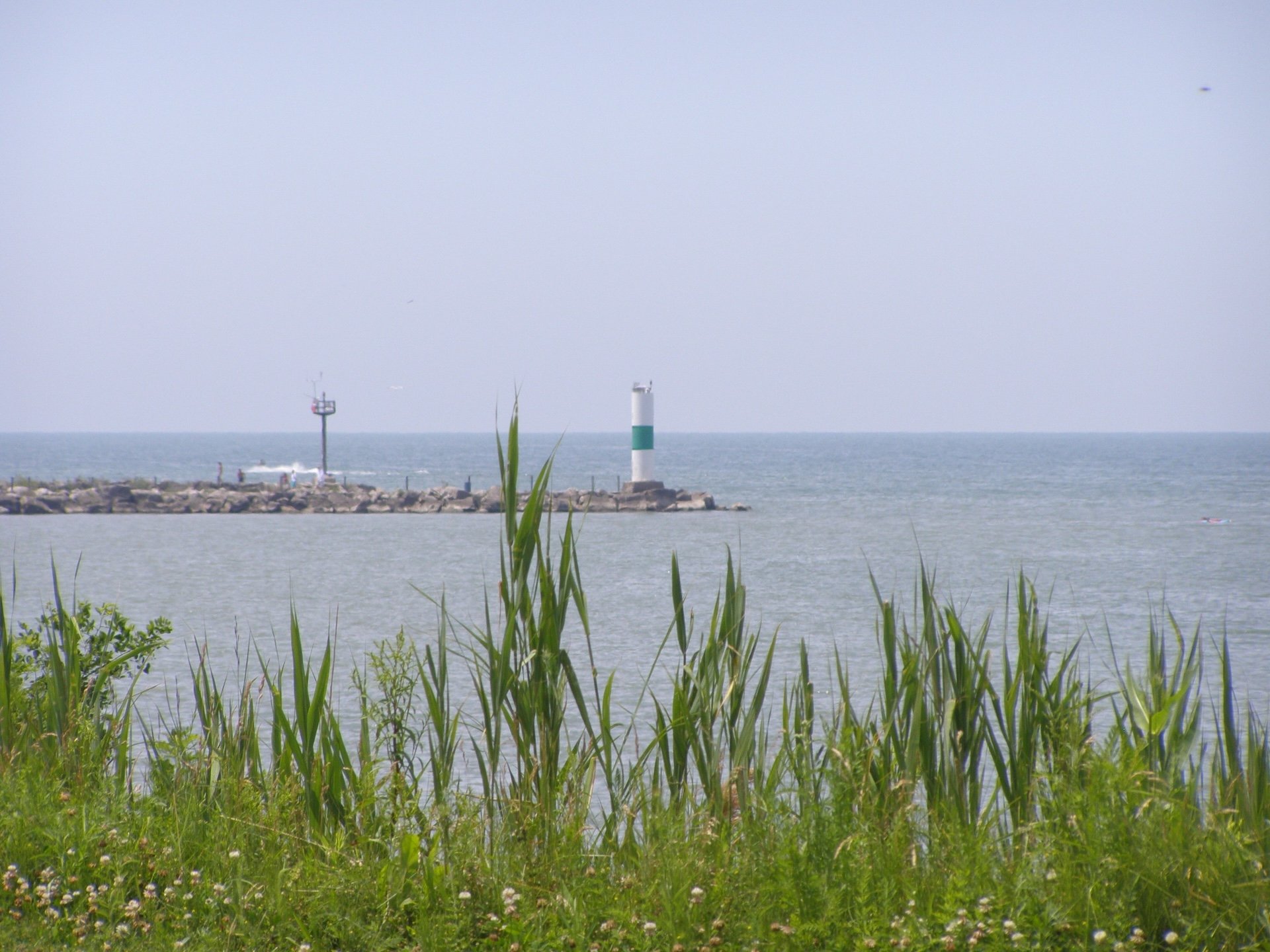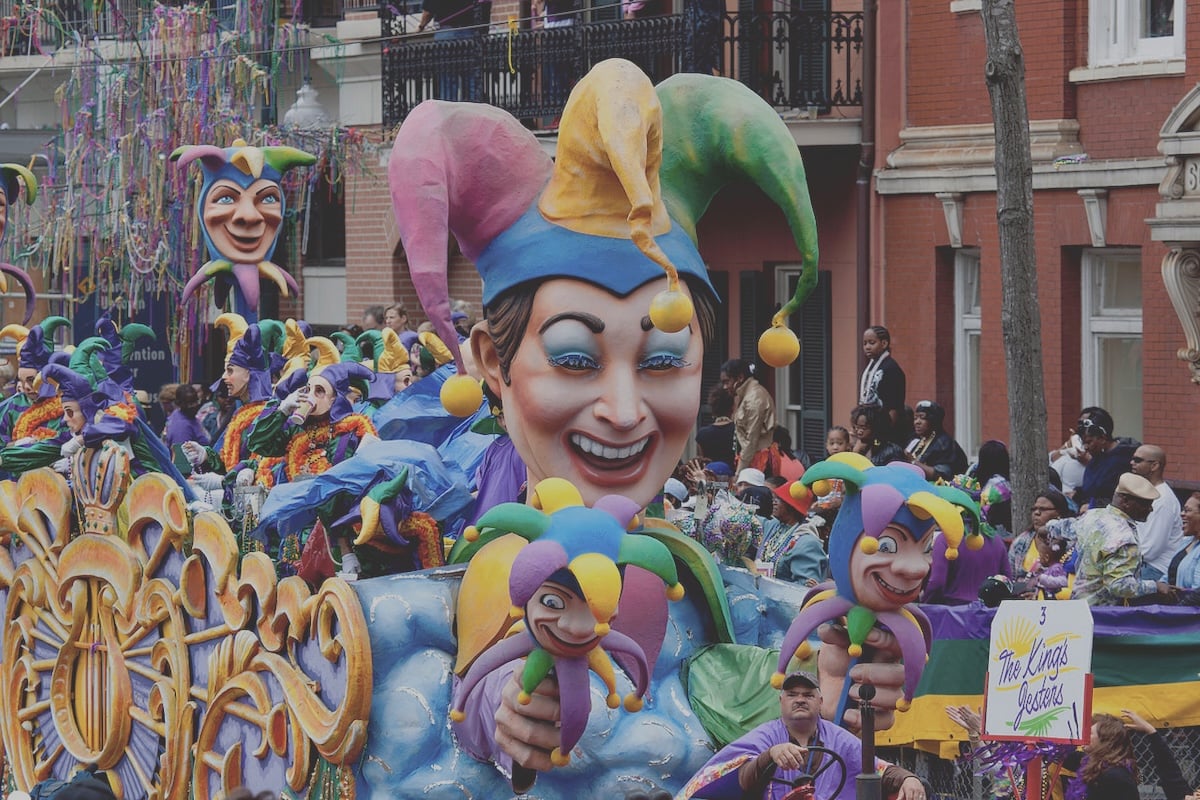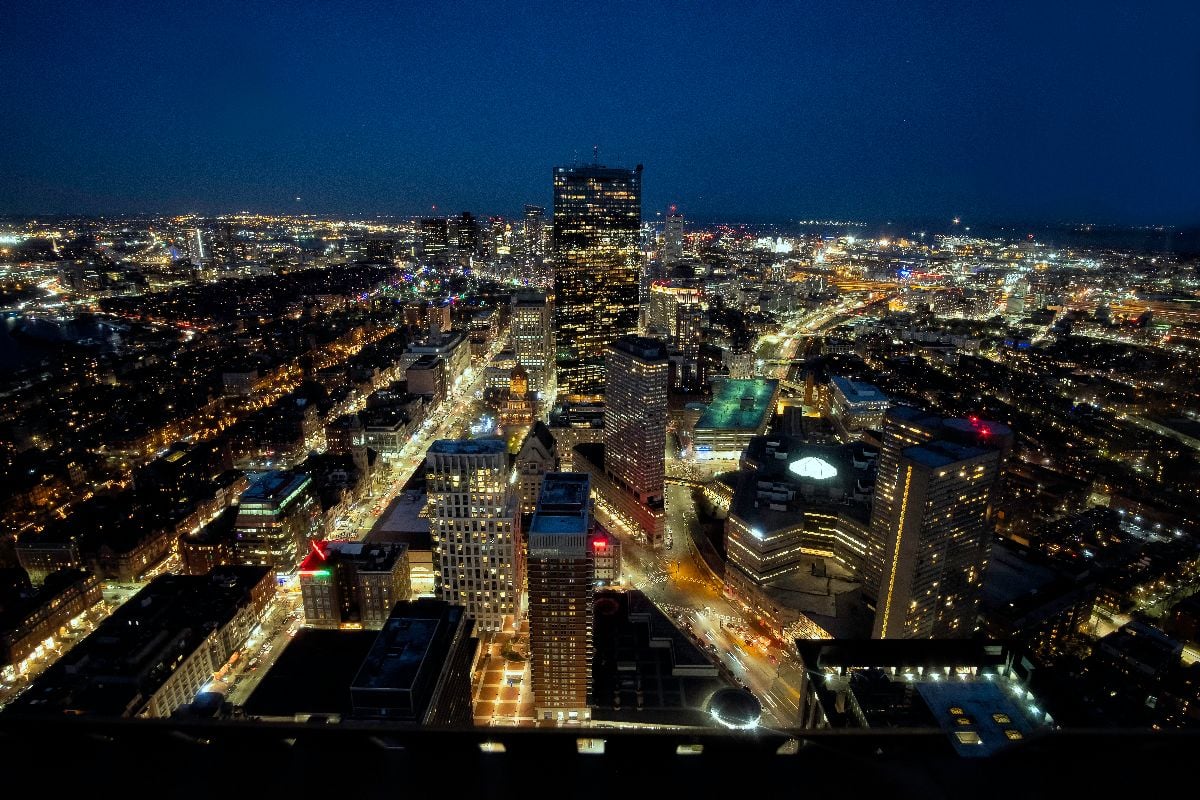
Would you like to save this?
Here’s a playful tour of the cultural whiplash Midwesterners feel when they spend time on the East Coast. The coasts move fast—feet, traffic, and conversations—and they pack a surprising amount of life into tiny spaces.
Rituals around bagels, pizza, and coffee come with rules that sound like bylaws. And between the transit maps, toll plazas, and neighborhood loyalties, it can feel like everyone’s carrying a laminated membership card. Consider this your handy decoder ring, counted down from 25 to 1.
25. The Walking Speed
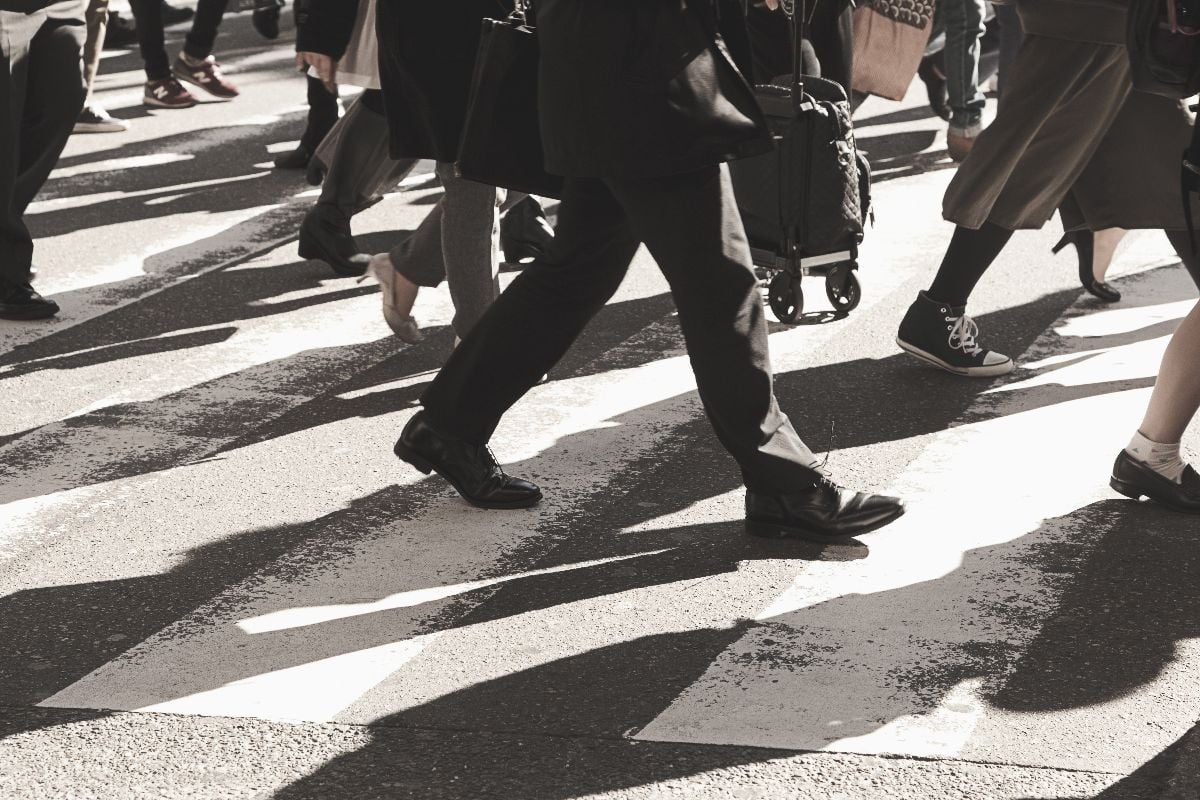
East Coasters walk like the sidewalk is a conveyor belt set to “urgent.” If you pause to admire a building, you’ll cause a minor traffic incident of strollers, dogs, and briefcases. There’s a passing lane, an unspoken merge etiquette, and actual consequences for blocking it. Midwestern “stroll and chat” energy gets you drafted like a slow-moving tractor on a one-lane road.
24. Public Transit Pride
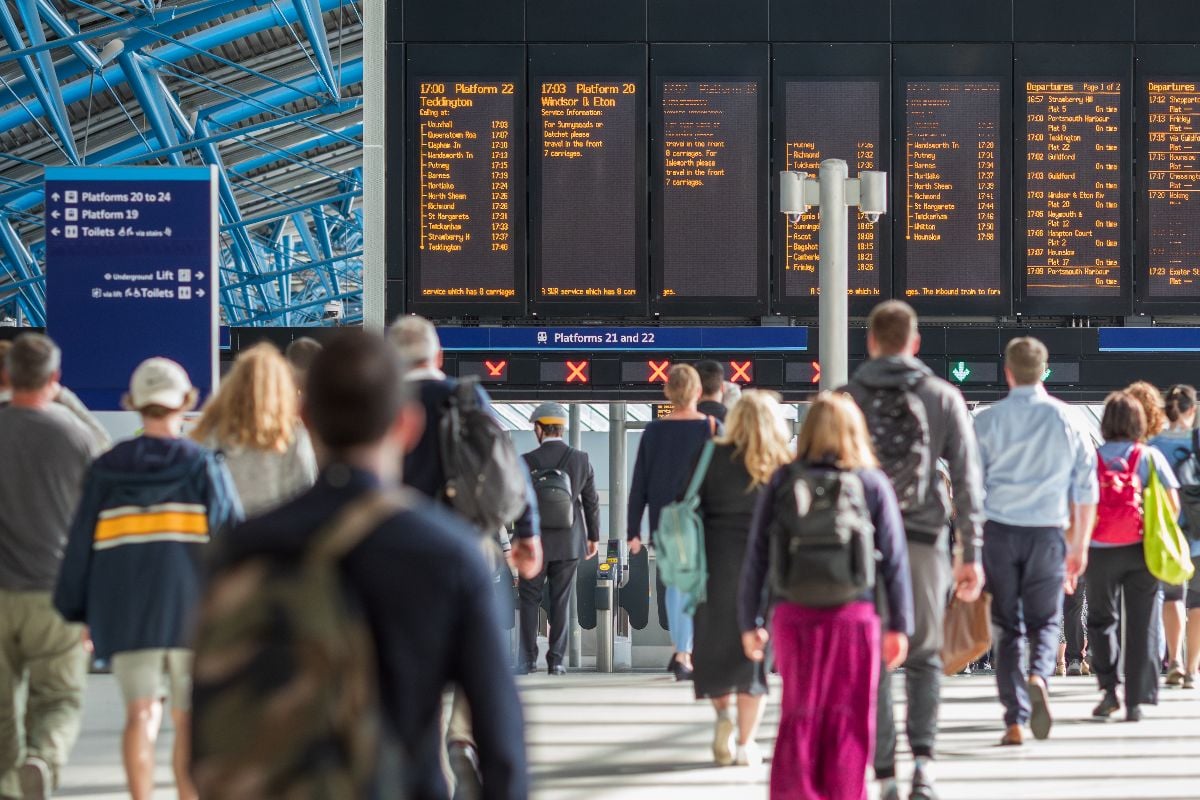
Owning a car can feel optional, but knowing six subway lines by heart is mandatory. People brag about transfer hacks like they’re family recipes. Delays are collectively analyzed the way Midwesterners discuss rainfall totals. The regional rail map is a personality test, and your stop says everything about you.
23. Tolls and the Gospel of E-ZPass
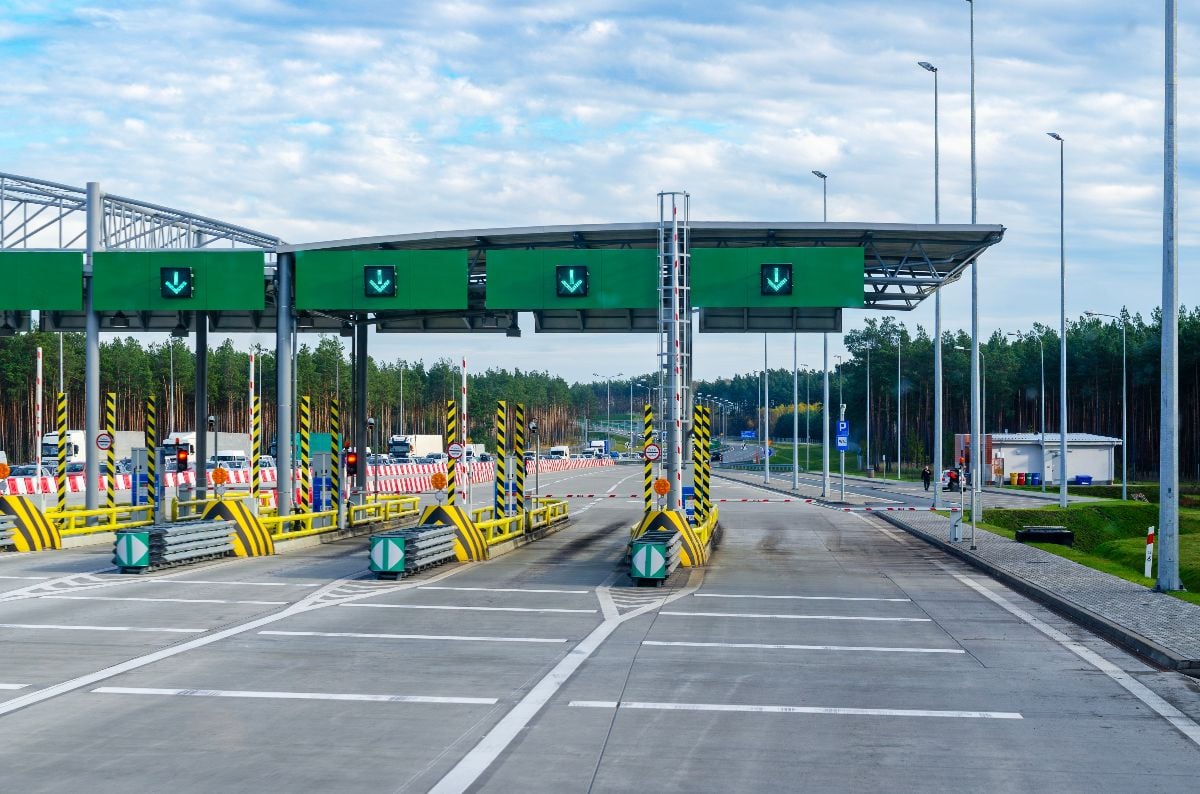
Midwesterners blink twice at the thought of paying to use a road. East Coasters glide through toll plazas with a windshield tag like it’s a VIP badge. There’s dramatic lore about which bridges and tunnels are “worth it” at certain times of day. Budgeting includes rent, groceries, and a line item for asphalt.
22. Rent for Closet-Sized Rooms
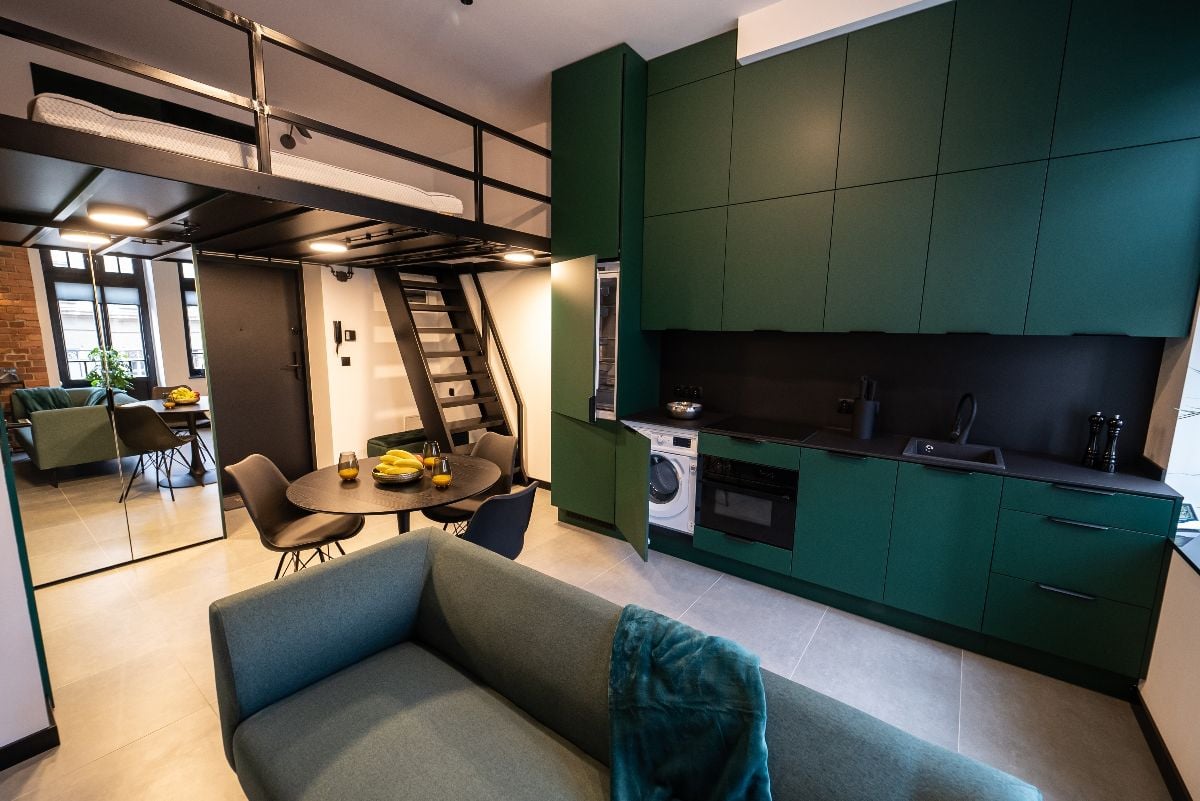
Were You Meant
to Live In?
Yes, that “bedroom” is technically a closet with aspirations. East Coasters narrate their rent like a war story and then shrug because of “location.” Roommates in their 30s are normal, and a window facing brick still counts as “light.” Midwestern square footage comparisons just make everyone sad.
21. Walk-Ups and Stair Culture
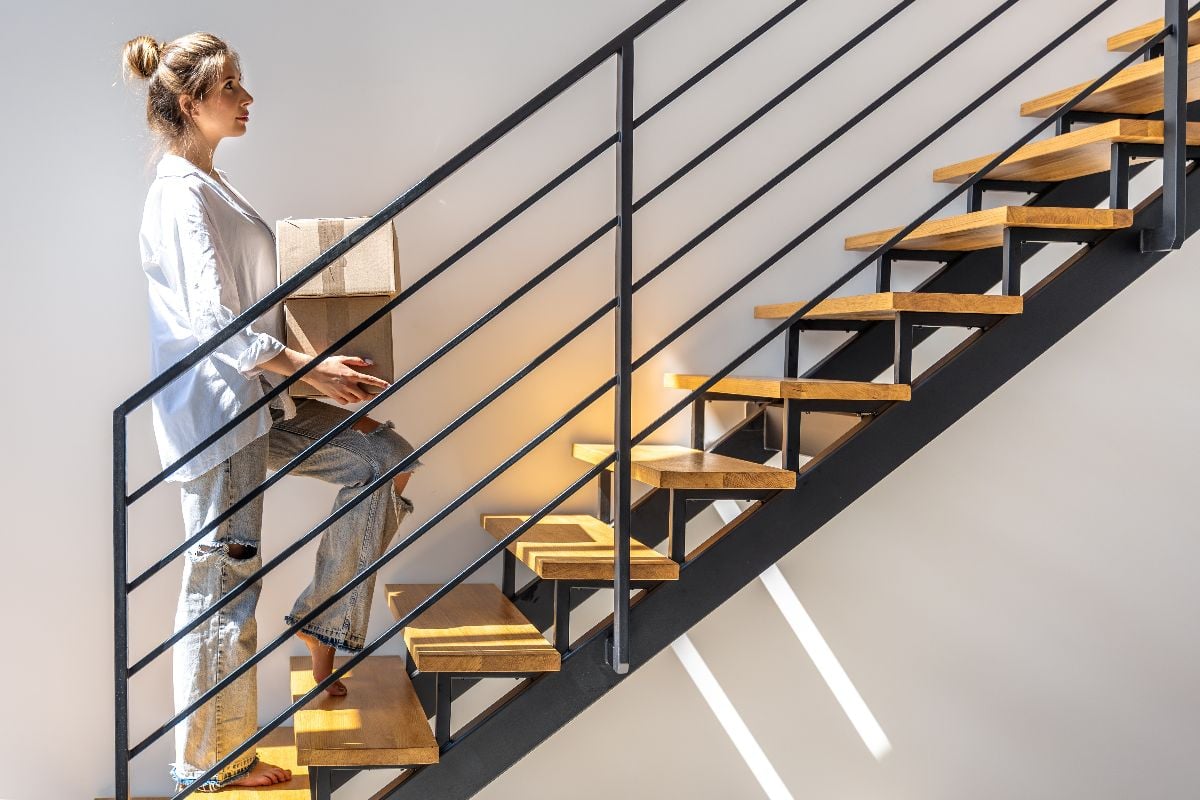
Elevators are a luxury; quads are a lifestyle. Six flights up with groceries is not a workout—it’s Tuesday. You learn which neighbors overpack and which ones time their deliveries like chess masters. Packages become community projects and thighs become steel.
20. Radiators and Steam-Heat Serenades
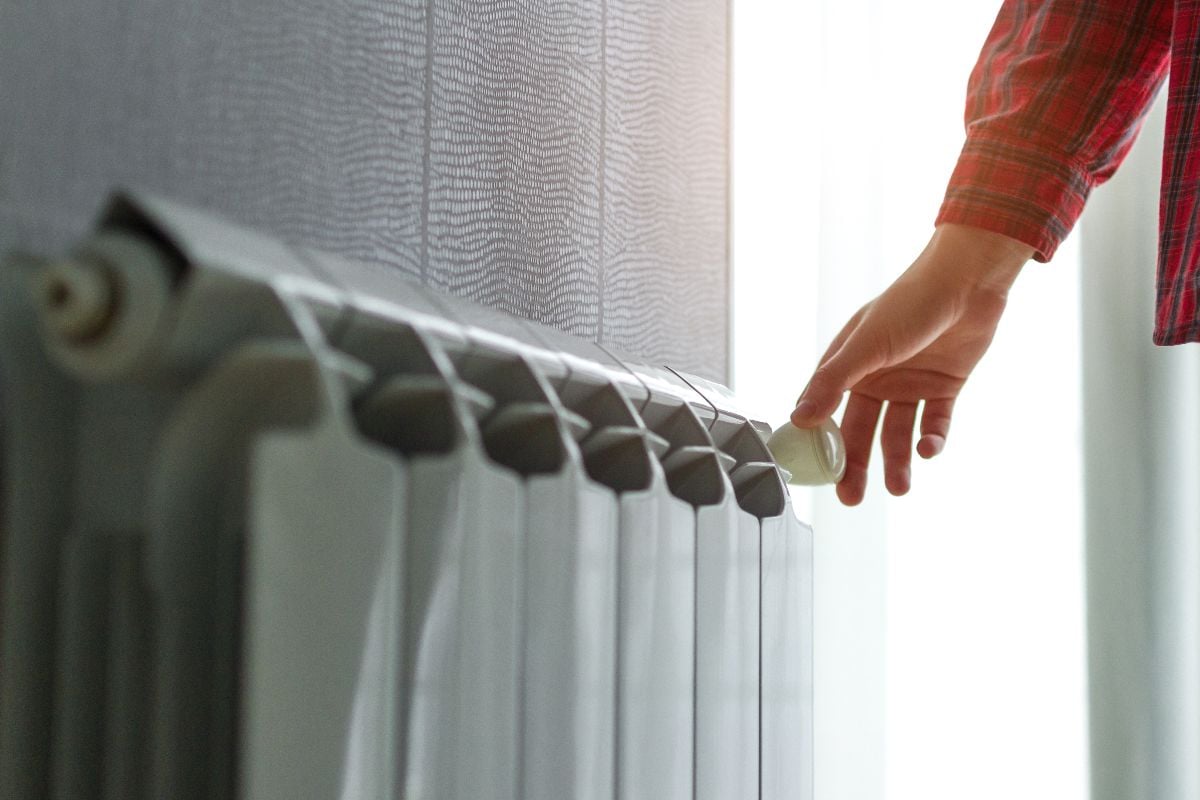
The heat hisses, clanks, and occasionally sings the song of its people. Thermostats are decorative; you open the window in January like a rebel. Humidifiers are as essential as coffee. Midwestern forced-air seems downright futuristic by comparison.
19. Folding Your Pizza
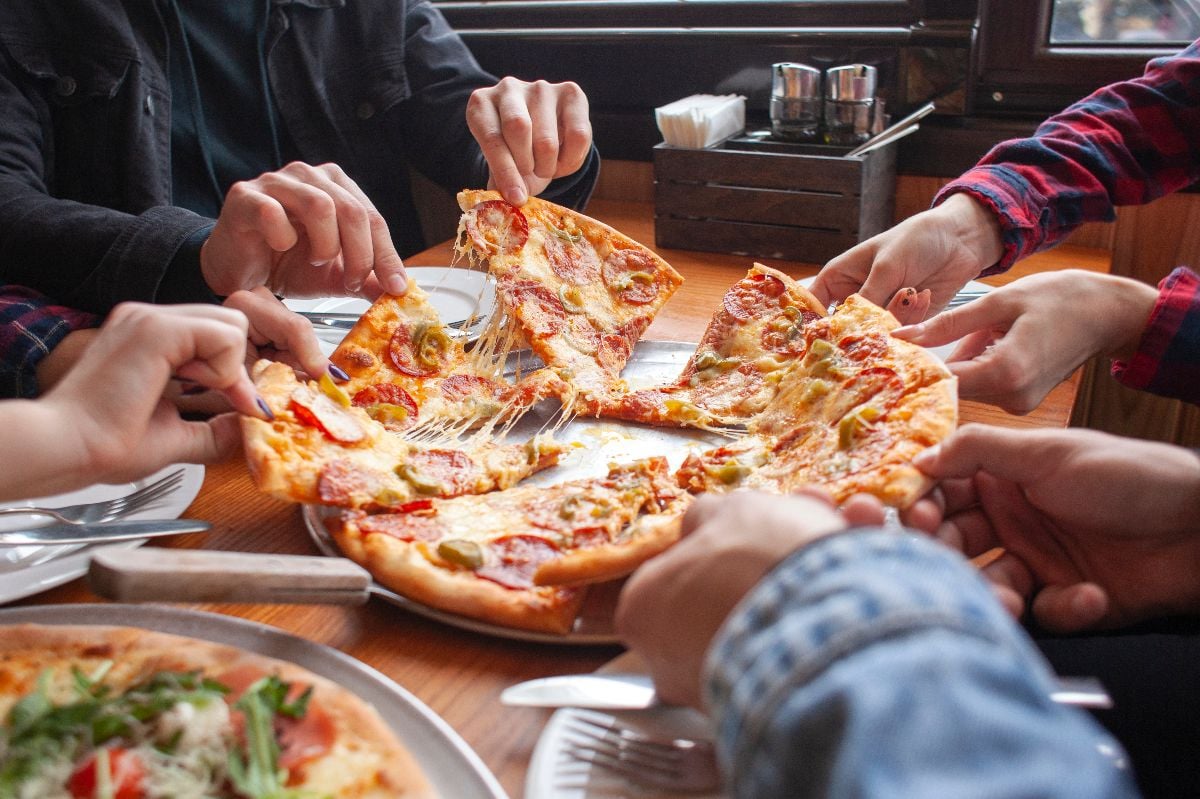
Home Stratosphere Guide
Your Personality Already Knows
How Your Home Should Feel
113 pages of room-by-room design guidance built around your actual brain, your actual habits, and the way you actually live.
You might be an ISFJ or INFP designer…
You design through feeling — your spaces are personal, comforting, and full of meaning. The guide covers your exact color palettes, room layouts, and the one mistake your type always makes.
The full guide maps all 16 types to specific rooms, palettes & furniture picks ↓
You might be an ISTJ or INTJ designer…
You crave order, function, and visual calm. The guide shows you how to create spaces that feel both serene and intentional — without ending up sterile.
The full guide maps all 16 types to specific rooms, palettes & furniture picks ↓
You might be an ENFP or ESTP designer…
You design by instinct and energy. Your home should feel alive. The guide shows you how to channel that into rooms that feel curated, not chaotic.
The full guide maps all 16 types to specific rooms, palettes & furniture picks ↓
You might be an ENTJ or ESTJ designer…
You value quality, structure, and things done right. The guide gives you the framework to build rooms that feel polished without overthinking every detail.
The full guide maps all 16 types to specific rooms, palettes & furniture picks ↓
You don’t cut it with a fork, and you definitely don’t need ranch. Folding is structural engineering, not a flex. Oil drips are a badge of honor and a hazard to shoes. The correct slice temperature is debated like policy.
18. Bagel Orthodoxy
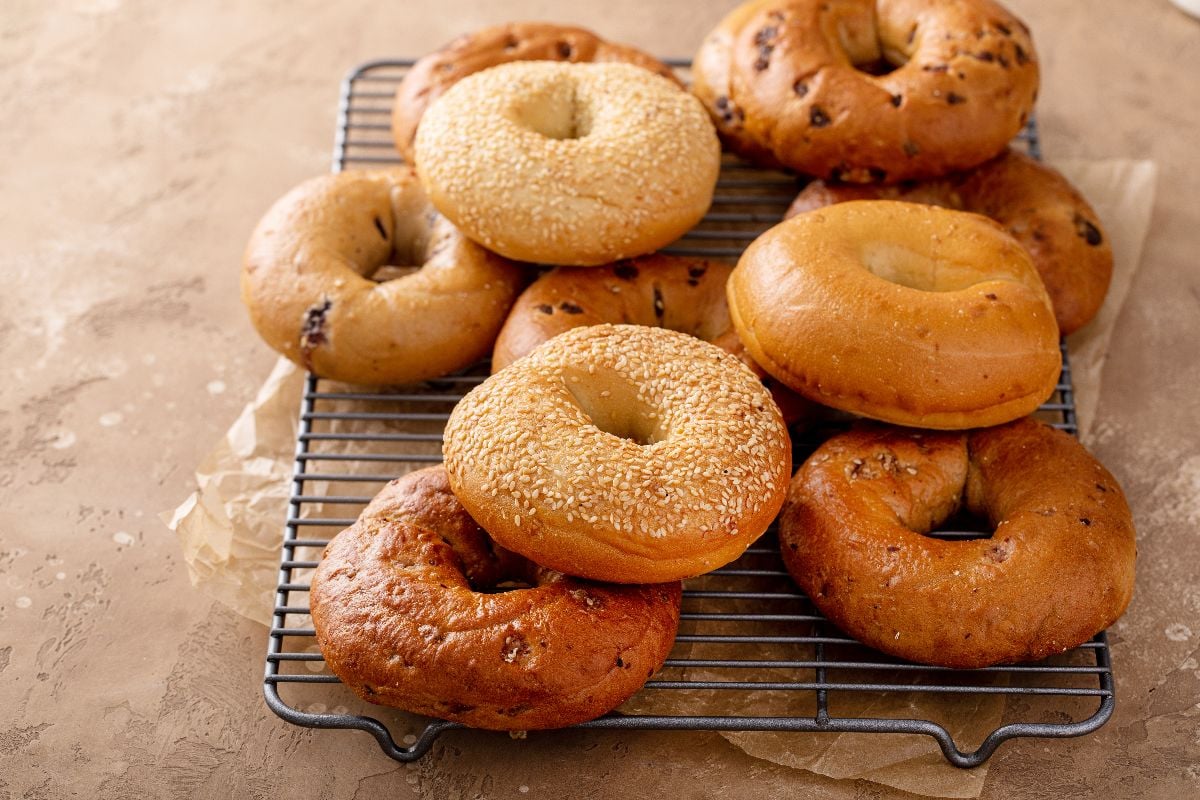
There are rules, and they are many. Toasting a fresh bagel can earn side-eye, and ordering “plain cream cheese” invites a dissertation on schmear texture. The water, they say, is everything. In this faith, a grocery-store bagel is heresy.
17. Deli-Lingo at Lightning Speed
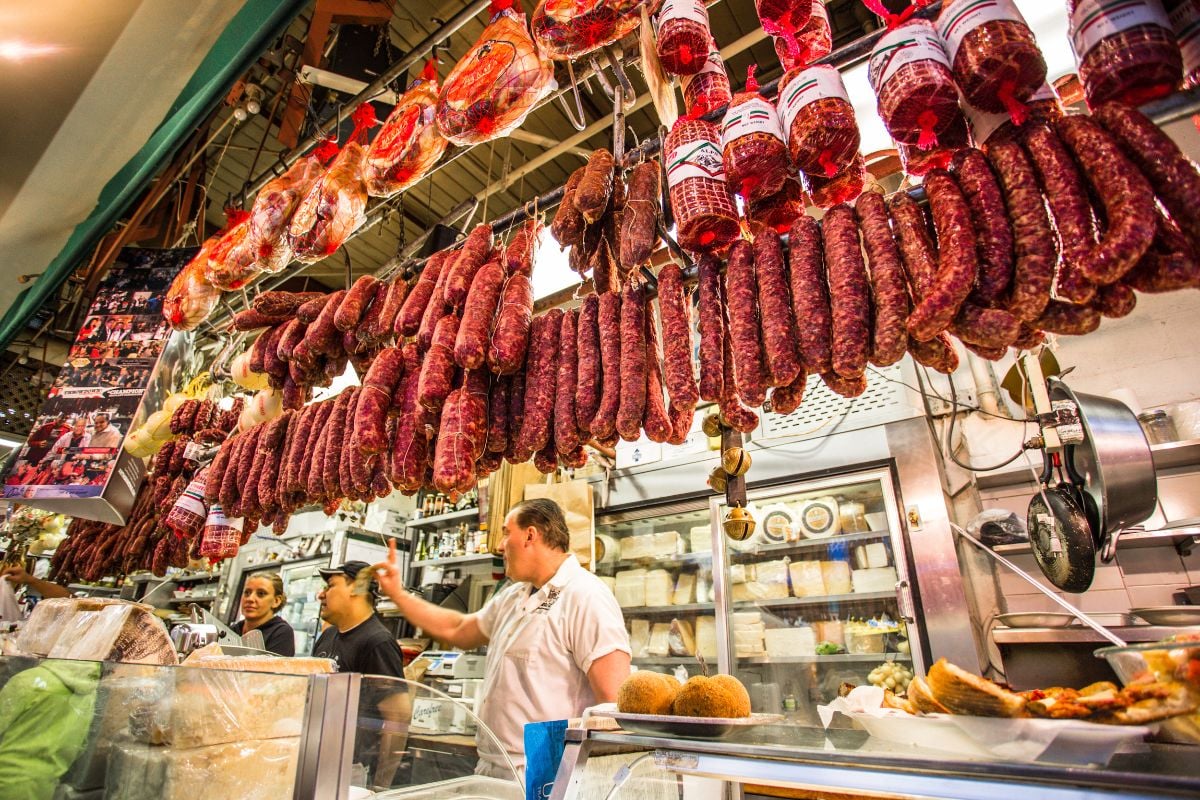
Know your order before you approach the counter or face the collective sigh. “On a hero,” “with everything,” and “salt, pepper, vinegar” are building blocks, not suggestions. Cash-only signs appear like pop quizzes. The sandwich arrives engineered to your soul’s blueprint, faster than you can count change.
16. Coffee “Regular” Means Milk and Sugar
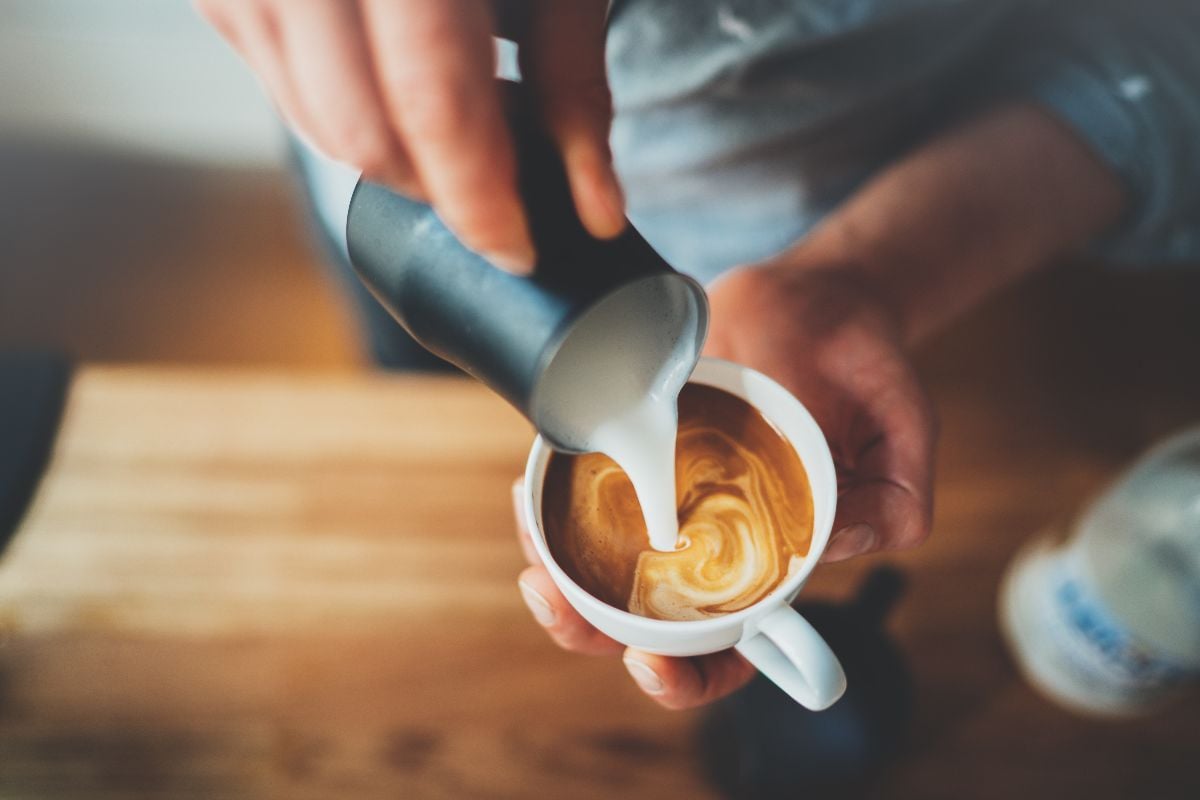
Asking for a “regular” doesn’t mean medium—it means milk and two sugars by default. This is not up for debate at corner shops. Baristas speak fluent shorthand, and you either keep up or step aside. The line is a river; you are a rock if you hesitate.
15. Bodegas as 24/7 Lifelines
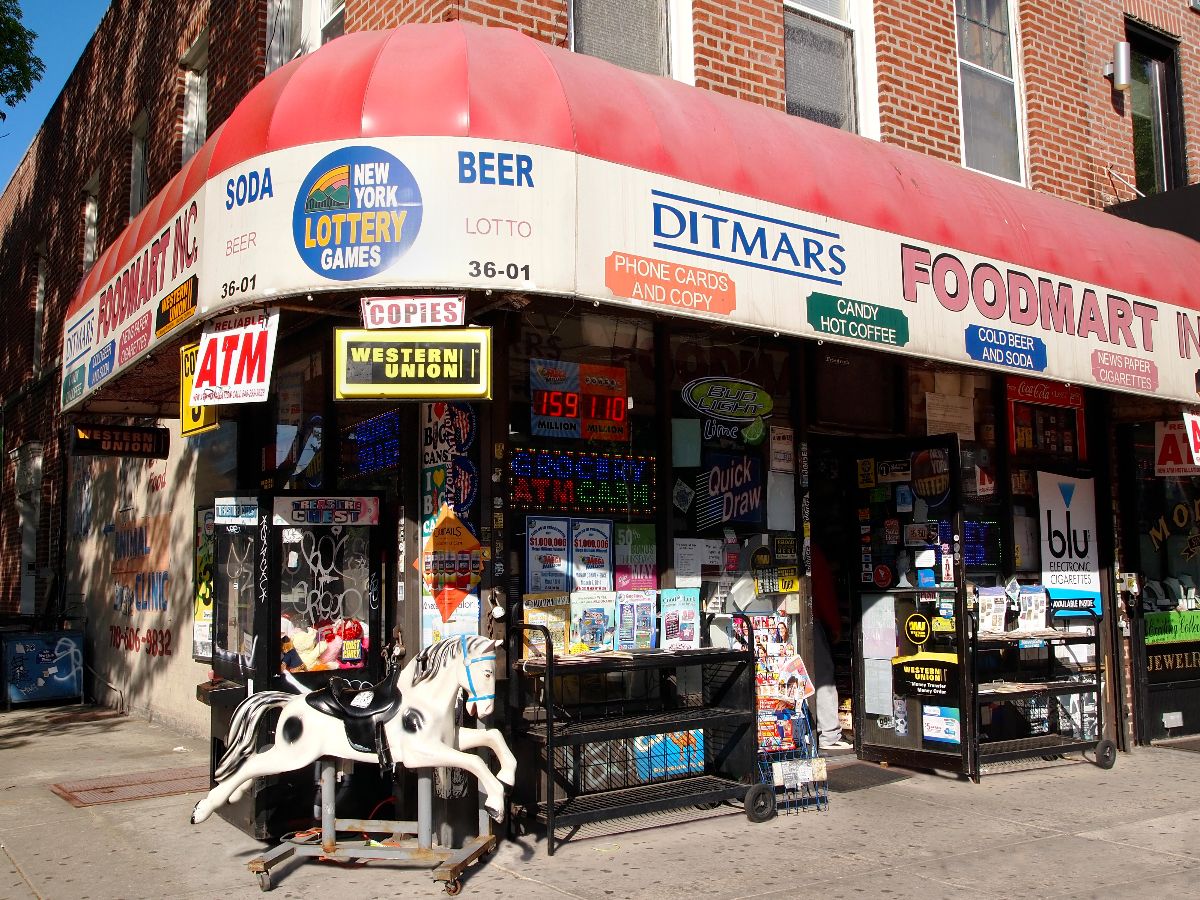
Need batteries, basil, or a birthday candle at 2 a.m.? The bodega has your back and possibly a cat CEO. You’ll get a sandwich, a conversation, and gossip about the block in one stop. It’s a convenience store with neighborhood soul.
14. Recycling Rules and Trash Night Theater
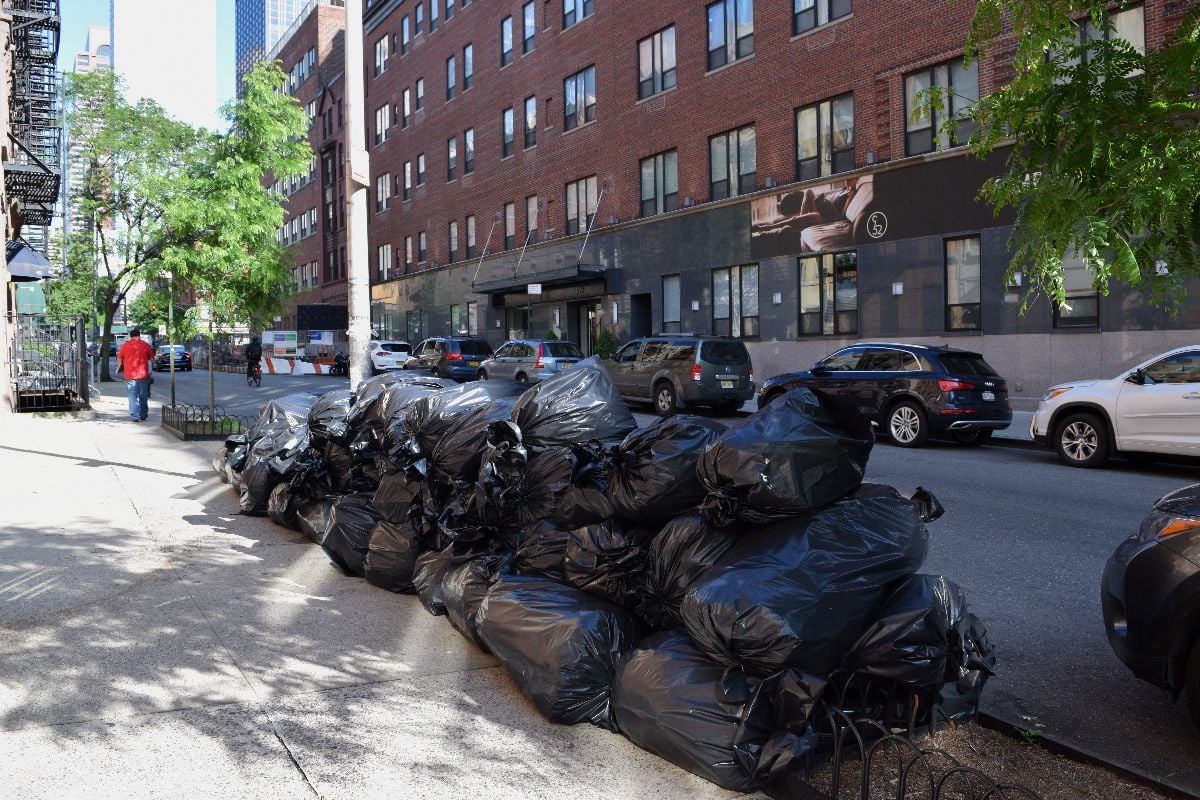
Hefty piles line the curb like abstract art installations. Sorting rules change by ZIP code and rumor. Everyone becomes an amateur anthropologist on bulk-item night. It’s both a civic duty and a street-side spectacle.
13. Honking as Conversation
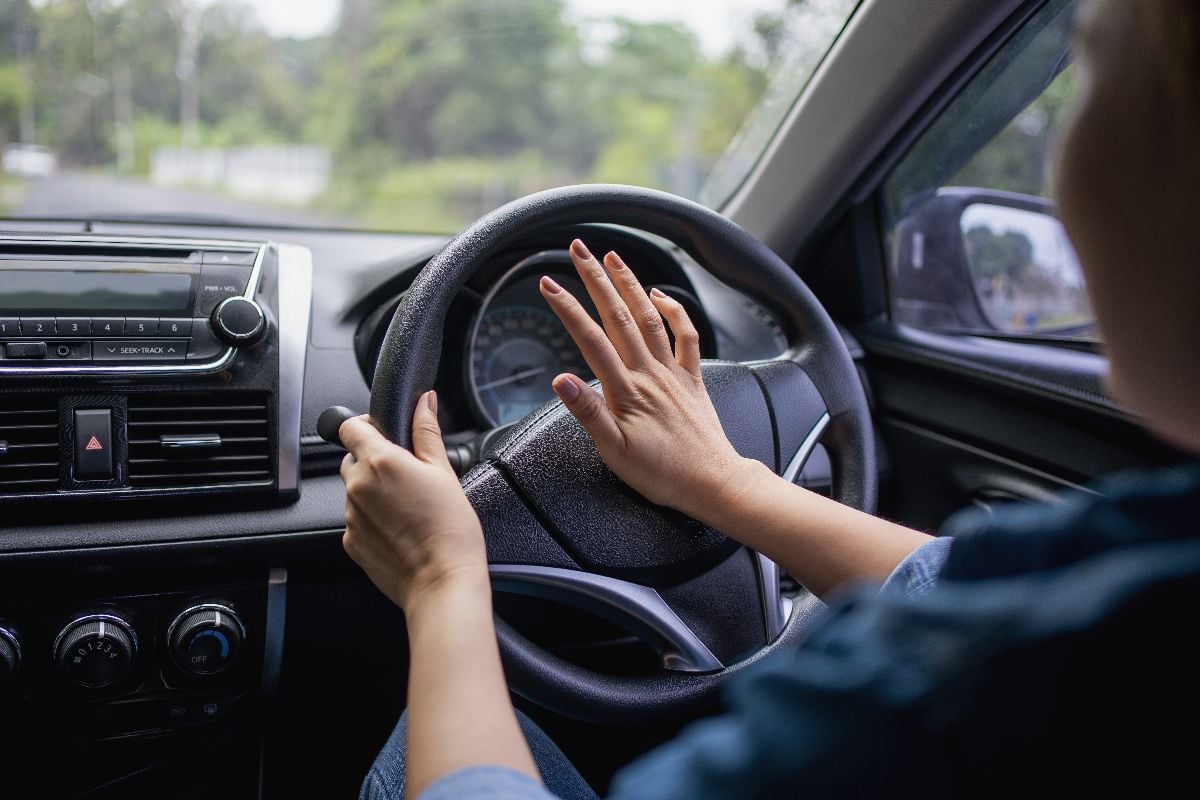
The horn is punctuation: hello, hurry, absolutely not, and “the light’s green, friend.” It’s a Morse code orchestra at rush hour. Midwestern politeness hears hostility; East Coasters hear feedback. Most of it translates to “we’re all trying our best, faster.”
12. Jaywalking with Swagger
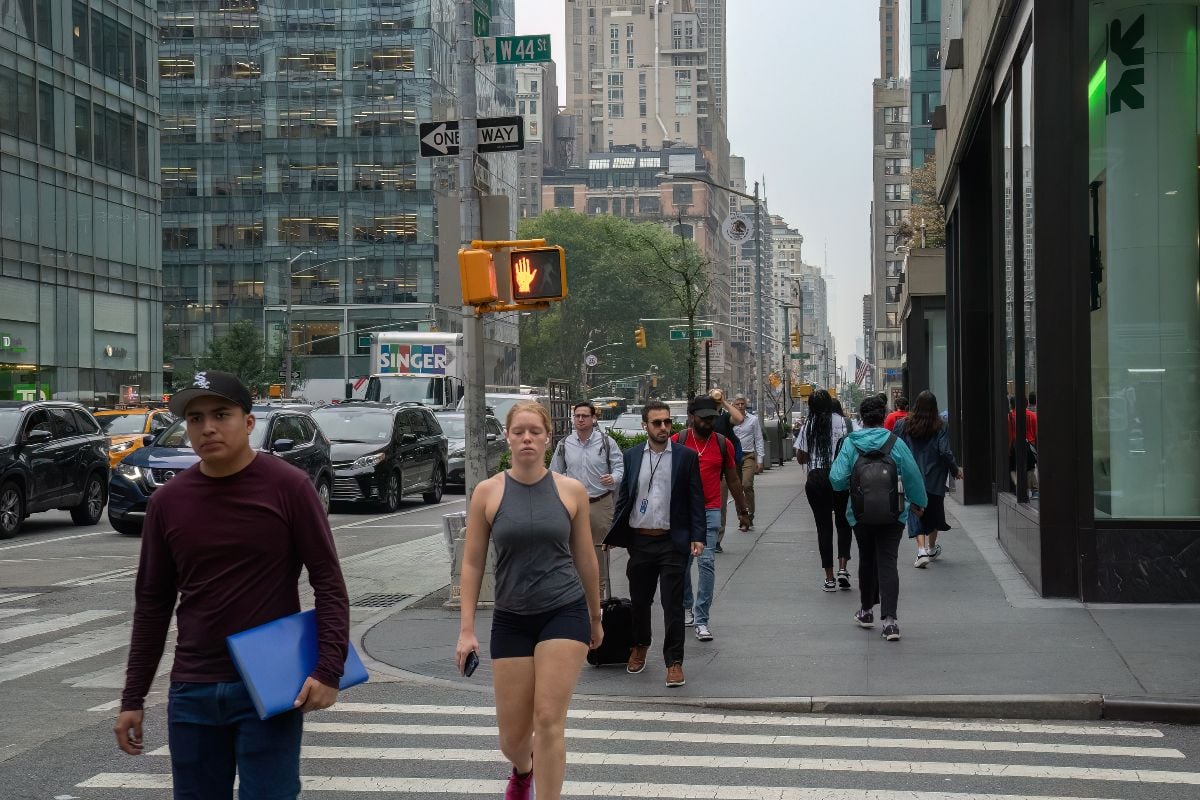
Crosswalk signals are suggestions if the angle is right. People calculate car speeds like physicists and go for it. Tourists wait for green; locals read the vibe. The unwritten rule: move decisively or don’t move at all.
11. Street Parking & Alternate-Side Anxiety
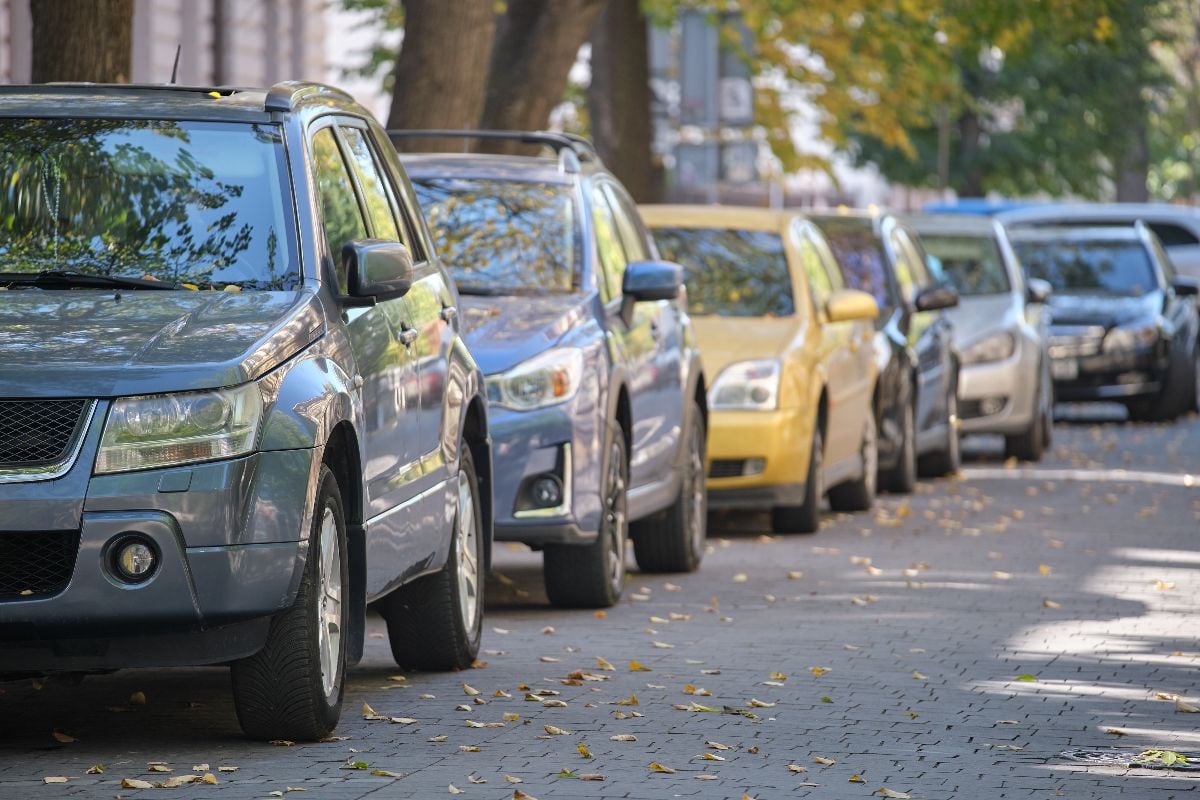
Parking is a strategy game with weekly boss battles. You will wake up early to move your car for a truck with a broom. Street-cleaning calendars are memorized better than birthdays. A good spot is a miracle you do not speak of aloud.
10. Tiny Kitchens, Massive Takeout Menus
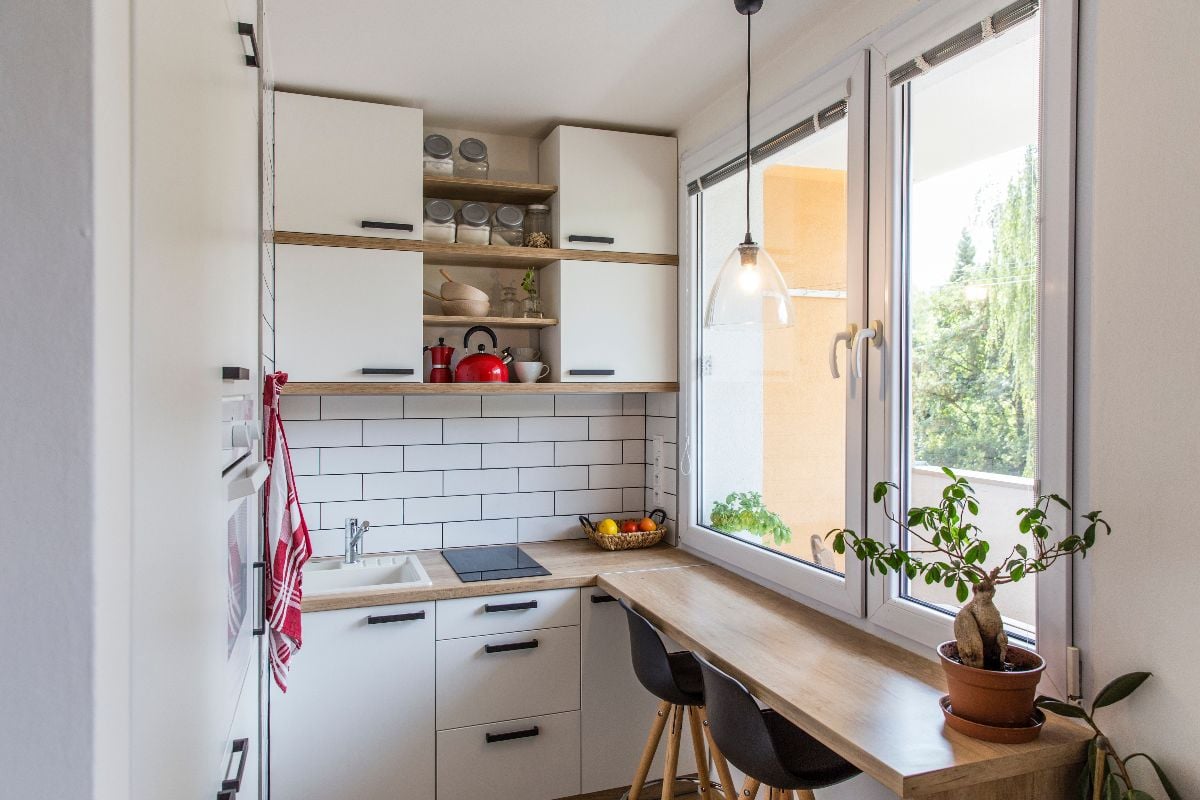
Ovens double as storage, and counter space is the size of a cutting board. Yet you can summon any cuisine within 40 minutes. Pots are optional; menus are not. The neighborhood knows your dumpling order by heart.
9. All-Black Wardrobes, Year-Round

It’s practical, it’s chic, and it hides city dust. Color appears seasonally, like tulips. Dressing “coastal” means streamlined layers and sensible shoes that aren’t actually sensible. Midwestern flannel gets a respectful nod, then vanishes into a sea of charcoal.
8. Seafood Fixations and Chowder Wars
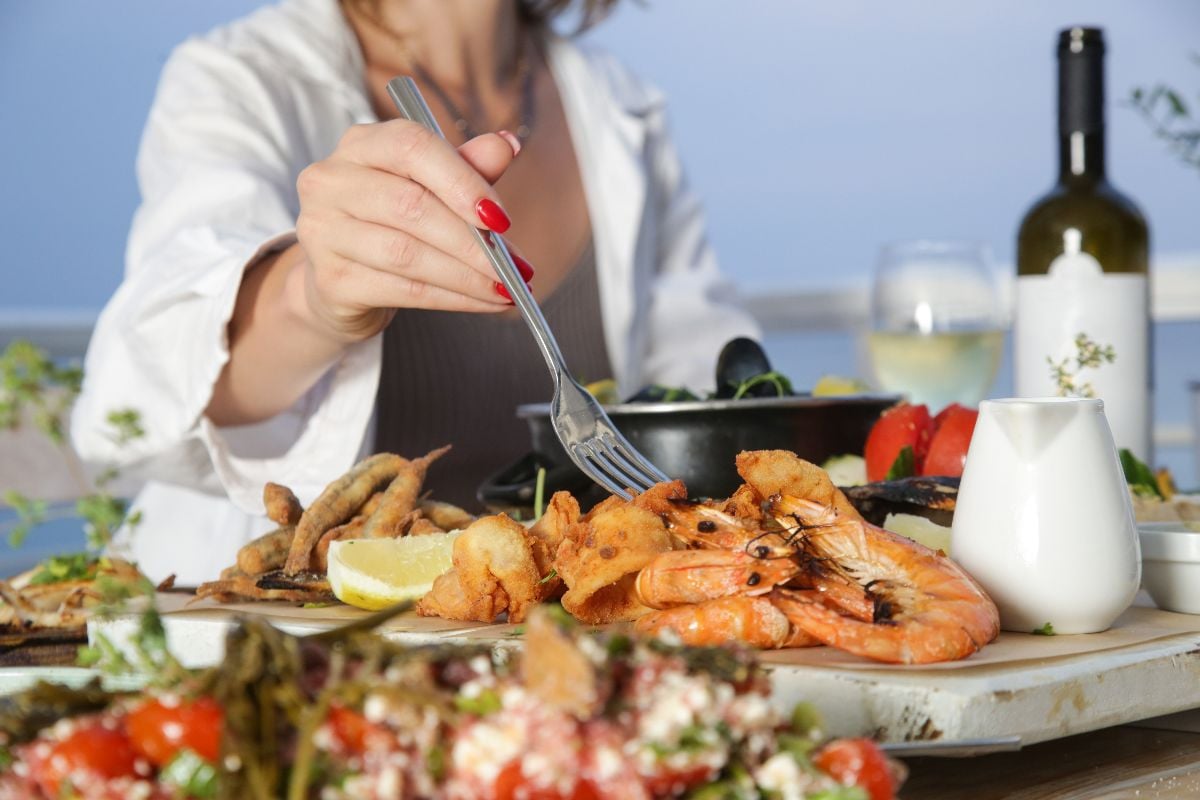
There are rivalries you didn’t know you’re walking into—red vs. white chowder can end friendships. Oyster happy hours are as common as coffee dates. Lobster rolls have regional dialects: butter or mayo, cold or warm. The debates are salty, and not just because of the ocean.
7. The Shore and Boardwalk Culture
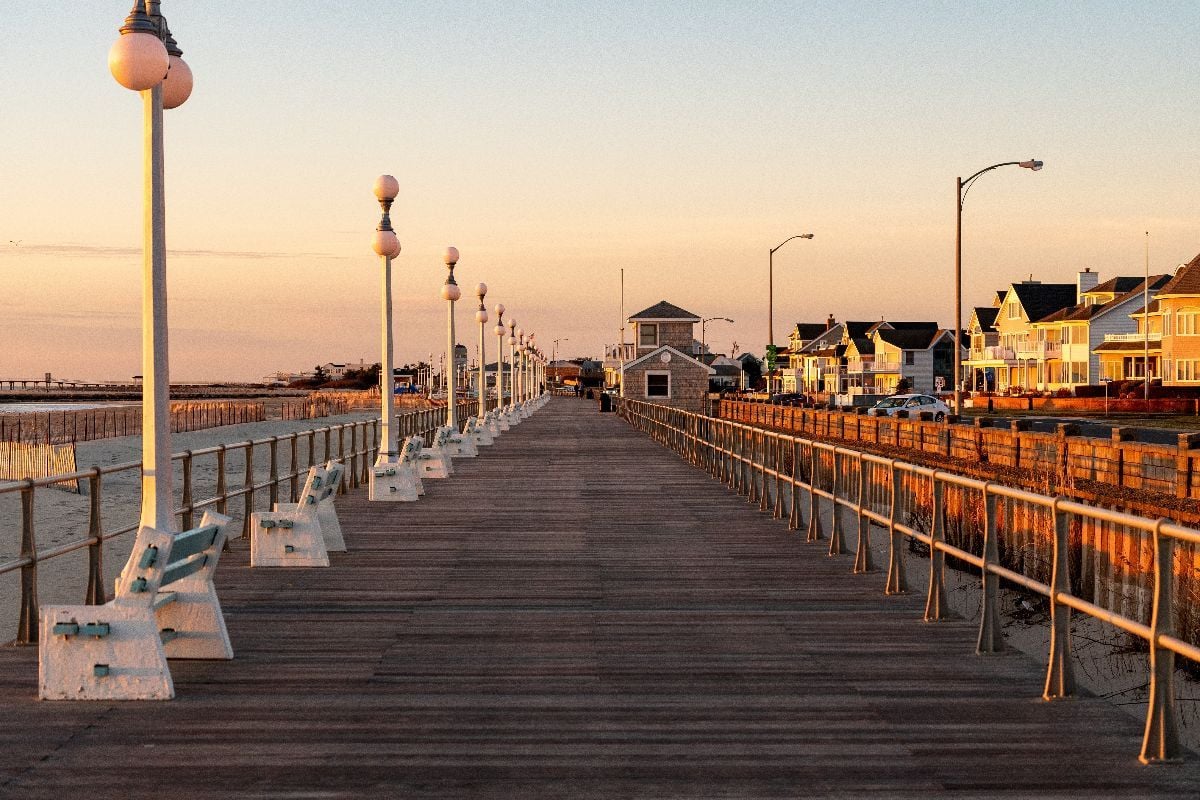
Would you like to save this?
It’s not “the beach,” it’s “the Shore,” and words matter. Boardwalks are temples of fries, fudge, and neon. Weekends involve sand, sunscreen, and a half-hour argument about which exit to take. Midwestern lake days feel calm; the Shore is a party with waves.
6. Summer Shares and Weekend Gridlock

People split a house for a season like it’s a group project. There’s a spreadsheet, a Venmo thread, and a rotating cast of air mattresses. Friday traffic is a rite of passage and a test of character. Midwesterners think “let’s just drive up in the morning”—East Coasters laugh tenderly.
5. Saying “The City” Without Naming It
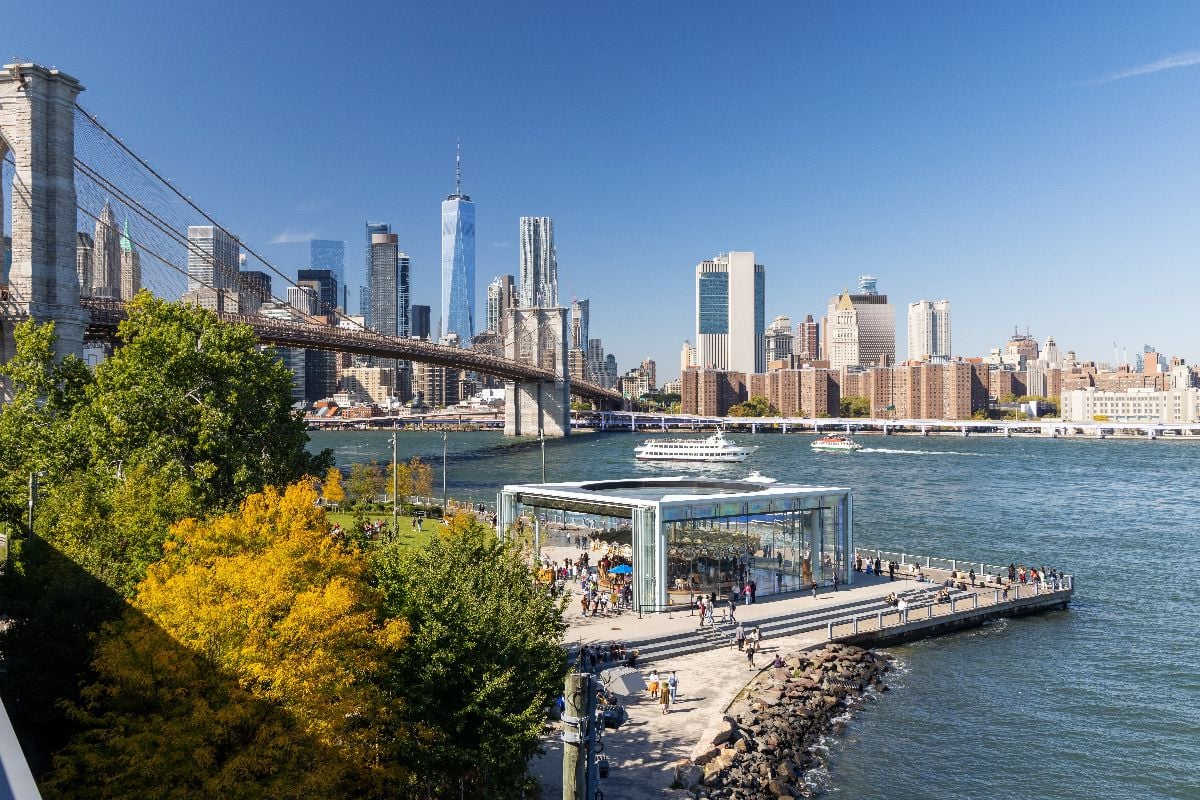
Context tells you whether “the city” means New York, Boston, Philly, or D.C. Everyone assumes you just know. If you guess wrong, you’ll be corrected with alarming precision. Geography here is social currency, not just maps.
4. Minutes, Not Miles
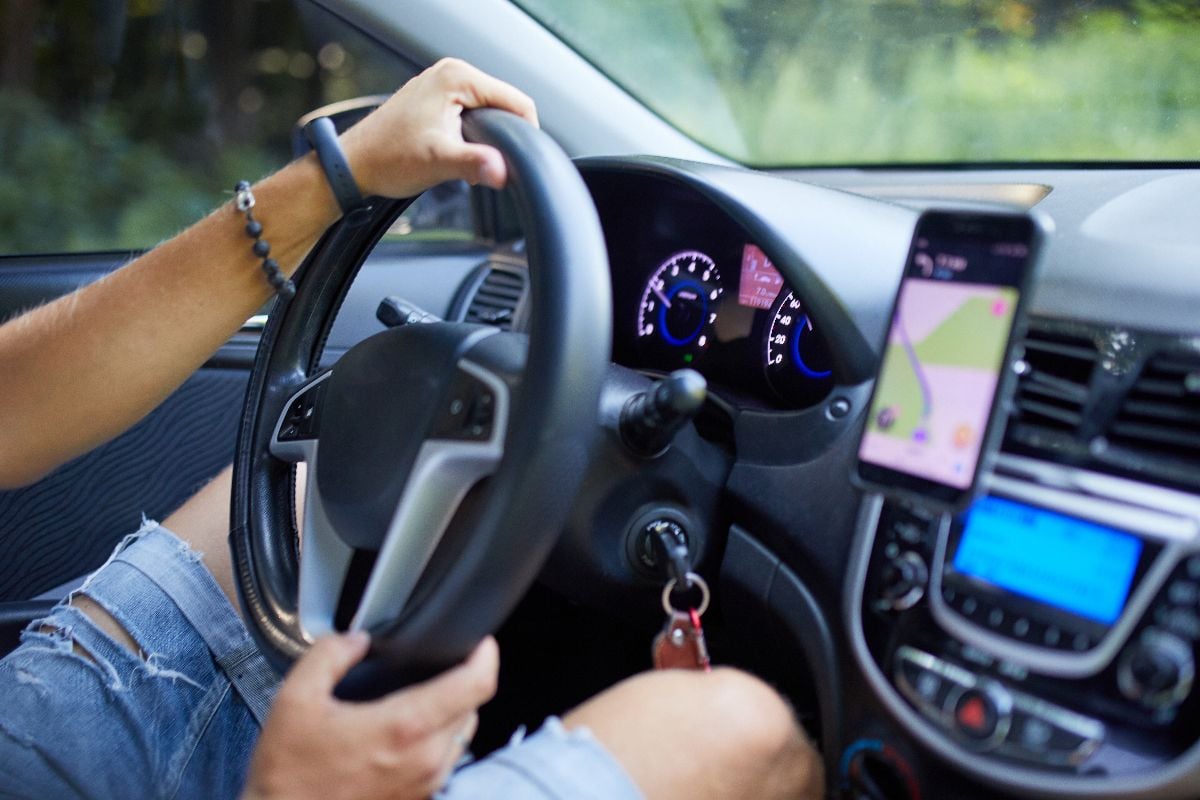
Ask how far something is and you’ll get a time estimate. “It’s 25 minutes if the bridge behaves” is a normal sentence. Miles don’t account for lights, tunnels, or rain-induced chaos. The clock, not the odometer, rules the day.
3. Historic Pride on Every Corner
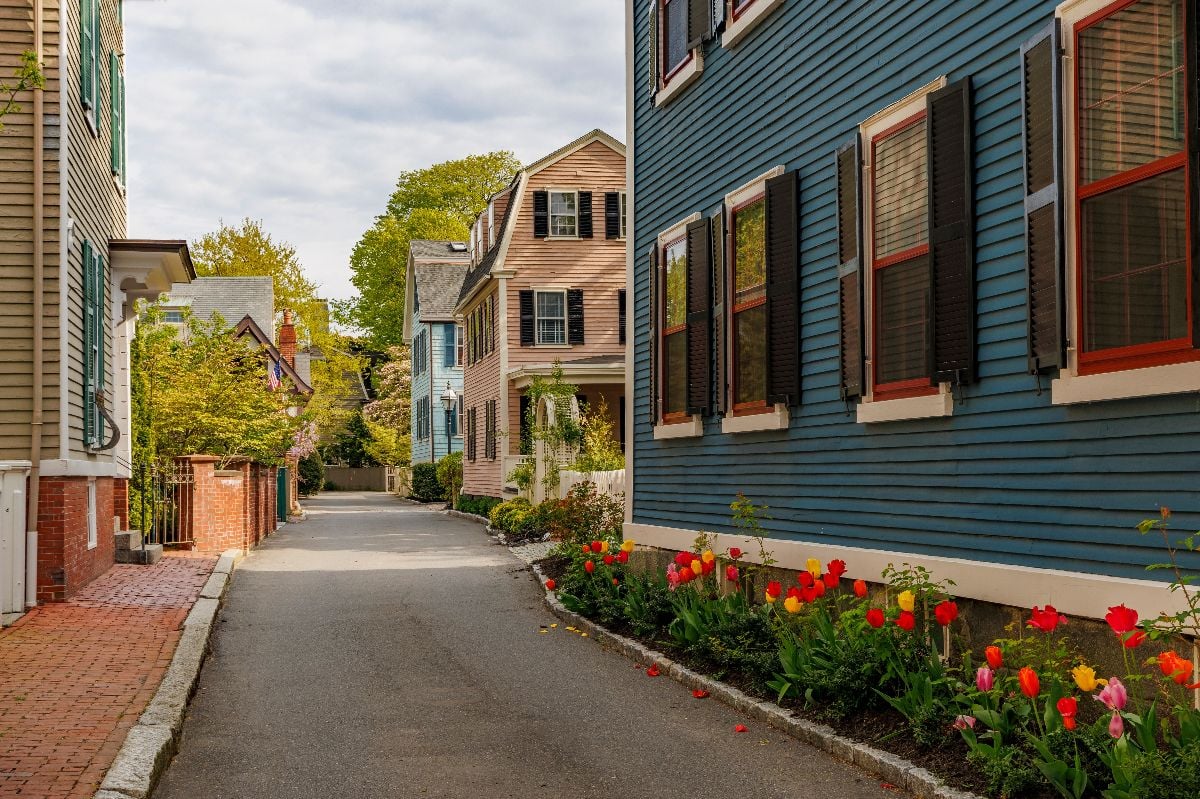
Plaques, cobblestones, and rowhouses carry centuries of receipts. Locals can turn any errand into a mini history tour. Streets refuse to be grids because they were cow paths first. The past isn’t a museum; it’s your commute.
2. Sports Fandom That Feels Personal
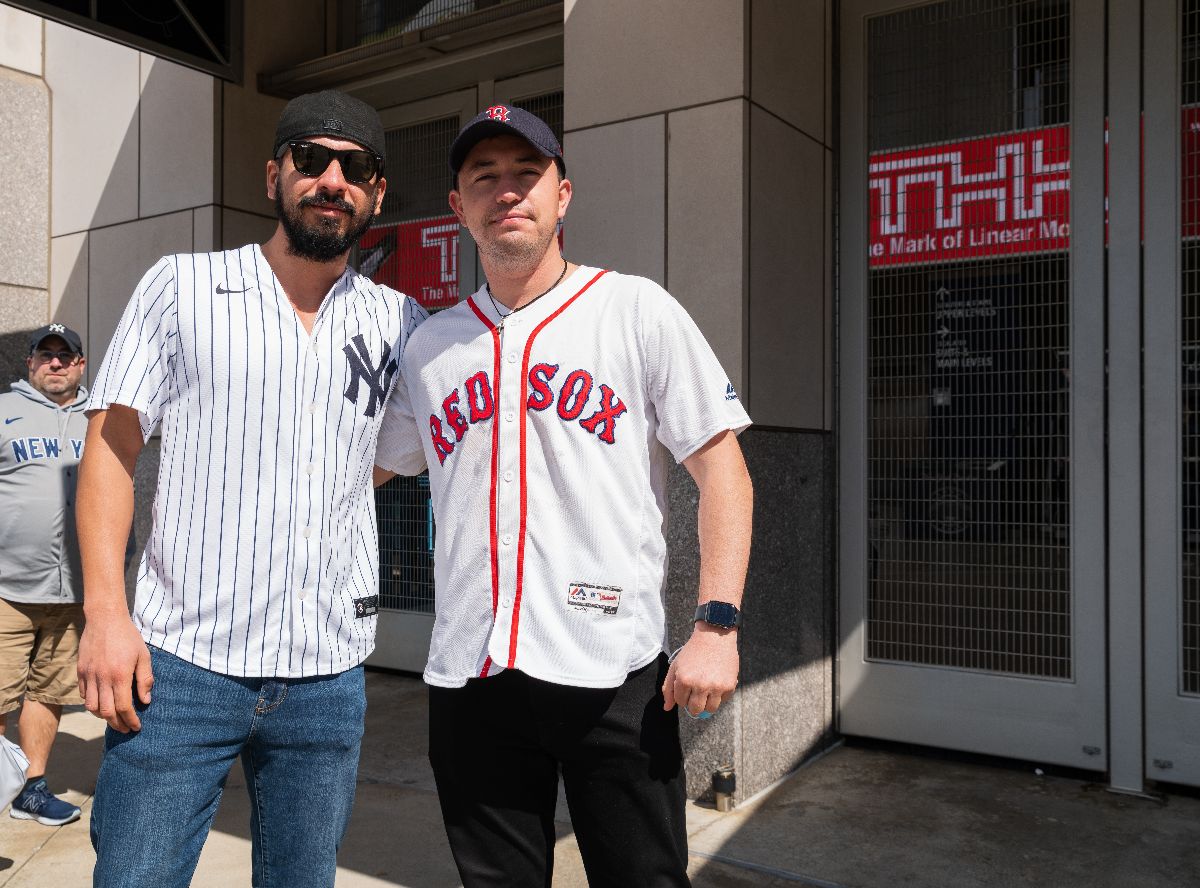
Yankees–Red Sox isn’t a rivalry; it’s a lifestyle choice with consequences. Eagles fans have passion that could power a small city. Parade routes are planned in dream years in advance. Wearing the wrong cap can spark a TED Talk you didn’t ask for.
1. Identity by Exit Number
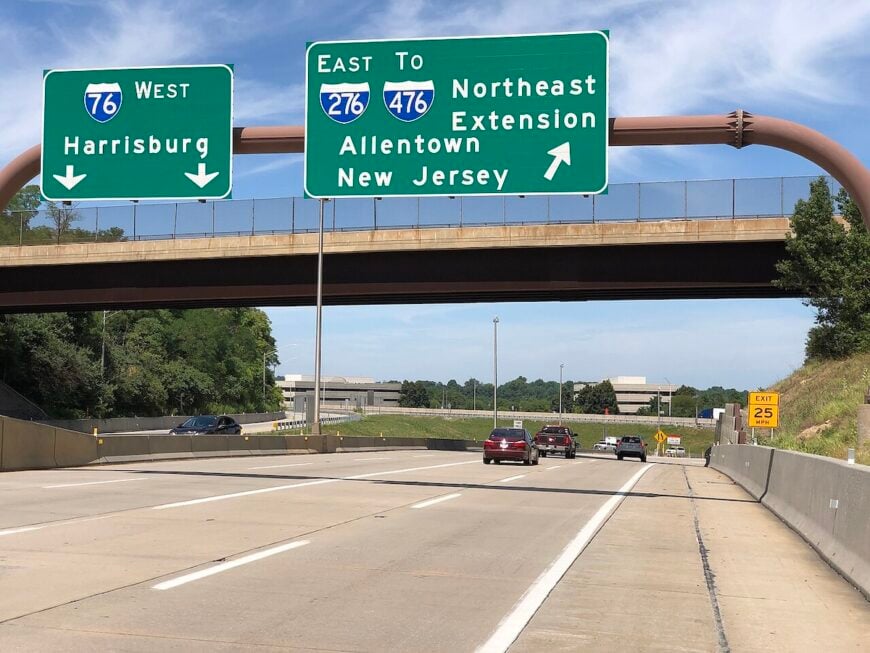
People introduce themselves by turnpike exits and commuter lines. County borders and area codes carry mythology. Accents shift every twenty miles, and locals hear it instantly. For Midwesterners, it’s baffling; for East Coasters, it’s home coordinates written on the heart.



